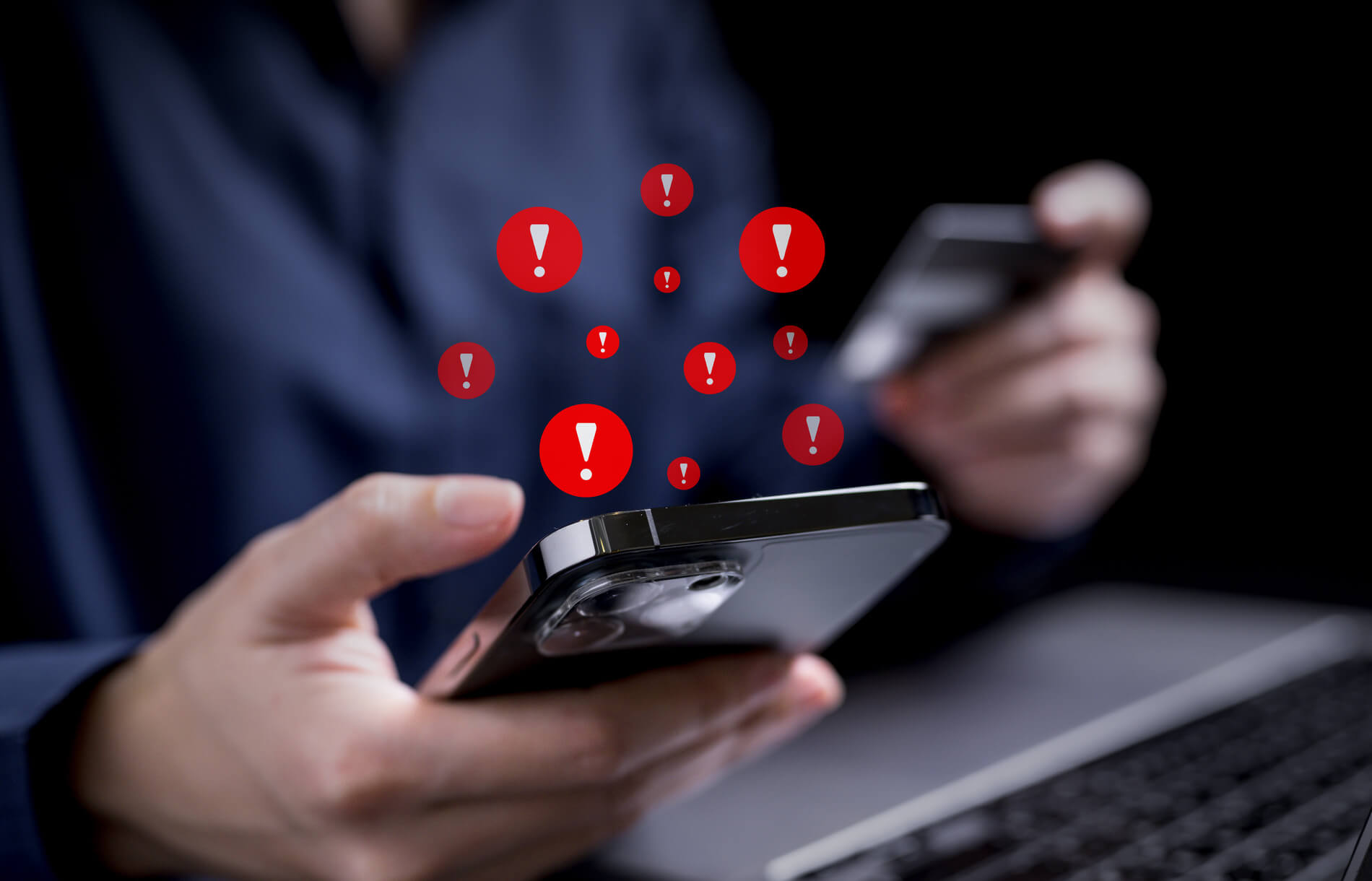Source: techcrunch.com

Apple has issued a new round of threat notifications to iPhone users across 98 countries, warning them of potential mercenary spyware attacks. It’s the second such alert campaign from the company this year, following a similar notification sent to users in 92 nations in April.
Since 2021, Apple has been regularly sending these notifications, reaching users in over 150 countries, according to a support document on the company’s website. The latest warnings, out Wednesday, did not disclose the attackers’ identities or the countries where users received notifications.
“Apple detected that you are being targeted by a mercenary spyware attack that is trying to remotely compromise the iPhone associated with your Apple ID -xxx-,” the company wrote in the warning to affected customers.
“This attack is likely targeting you specifically because of who you are or what you do. Although it’s never possible to achieve absolute certainty when detecting such attacks, Apple has high confidence in this warning — please take it seriously,” Apple added in the text.
Users in India are among those who have received Apple’s latest threat notifications, according to user testimonials. In October, Apple sent similar warnings to several journalists and politicians in the country. Amnesty International, a human rights advocacy group, later reported discovering the presence of Pegasus, a highly invasive spyware developed by Israeli firm NSO Group, on the iPhones of prominent Indian journalists.
In its communication to affected users, Apple stressed the sensitive nature of its threat identification methods, cautioning that divulging additional details could potentially aid attackers in evading future detection.
Apple has also made a notable shift in its language since last year, opting to describe these incidents as “mercenary spyware attacks” instead of the previously used term “state-sponsored” attacks.
To avoid scams that target your Apple account and devices, Apple advises never sharing personal data or security information such as passwords or security codes, and never agreeing to enter them into a webpage that someone directs you to.
Protect your Apple ID, use two-factor authentication such as Face ID or Touch ID. Meanwhile, always keep your contact information secure and up to date, and never share your Apple ID password or verification codes with anyone. Apple never asks for this information to provide support.
Never use Apple Gift Cards to make payments to other people and learn which emails are legit by noting Apple support email addresses. “If you send or receive money with Apple Cash (U.S. only), treat it like any other private transaction,” Apple adds.
Download software only from sources you can trust, don’t follow links or open or save attachments in suspicious or unsolicited messages and don’t answer suspicious phone calls or messages claiming to be from Apple. Instead, contact Apple directly through its official support channels, the iPhone maker advises.
You should always be careful when downloading apps, checking the reviews to make sure they’re legit. In general, always keep your iPhone updated to the latest software, currently iOS 17.5.1. You can find software updates in Settings > General > Software Update.
Get the latest insights on exponential technologies delivered straight to you
© 2025 Sprinterra. All rights reserved.